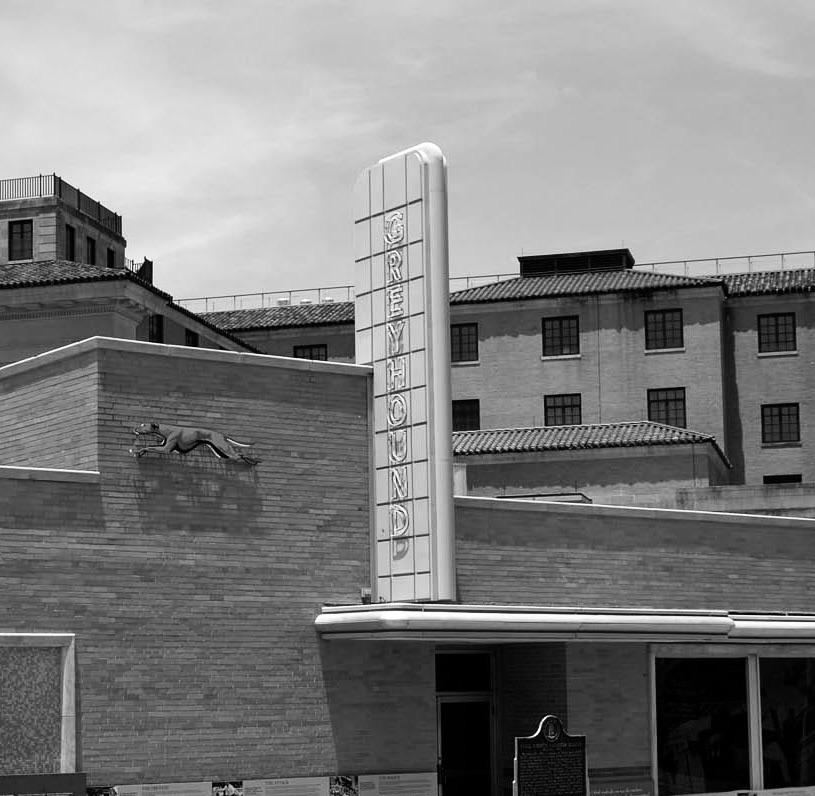MONTGOMERY, Ala. — Alabama lawmakers are spearheading a federal effort to safeguard the state’s civil rights landmarks, amid growing concerns that attempts to sell or neglect these historic sites reflect a broader effort to erase uncomfortable truths about America’s past.
U.S. Rep. Terri Sewell and state Rep. Shomari Figures introduced the Civil Rights Landmarks Protection Act last week, a bill aimed at preventing the sale of federally owned civil rights landmarks listed on the National Register of Historic Places. The legislation follows prior proposals to sell sites like Montgomery’s historic Greyhound Bus Station, where Freedom Riders were attacked in 1961, sparking outrage among historians and activists who view such places as critical to preserving the nation’s civil rights legacy.
“These sites are not just buildings; they are witnesses to history,” Sewell said in a statement. “Selling them risks erasing the stories of those who fought and suffered for civil rights.”
Alabama, often called the birthplace of the Civil Rights Movement, is home to landmarks such as Birmingham’s 16th Street Baptist Church, Selma’s Edmund Pettus Bridge, and Montgomery’s Rosa Parks Museum. These sites honor pivotal moments in the fight for racial equality, but some advocates worry that efforts to sell or diminish their importance are part of a larger trend to whitewash history.
The Greyhound Bus Station, now a Freedom Rides Museum, was nearly sold under a federal government plan that labeled it as “non-core” property. The proposal was ultimately withdrawn after public outcry, but Figures said it should never have been considered in the first place.
“Monuments like these tell stories that are painful but necessary,” Figures said in a statement. “They remind us of where we’ve been and where we must never return.”
Critics argue that moves to sell or neglect civil rights landmarks reflect an ongoing effort to downplay systemic racism in America’s history. When you try to hide or sell off these landmarks, it feels like an attempt to rewrite history and deny future generations access to the truth.
The push to preserve civil rights landmarks comes amid broader debates over how history is remembered and taught in Alabama and across the country. While some argue Confederate monuments represent heritage, others see them as symbols of oppression—a stark contrast to civil rights sites that commemorate struggles for justice and equality.
Advocates for the bill say protecting these landmarks is essential for education and accountability. The legislation has drawn bipartisan support but faces challenges in Congress, where debates over race and history remain deeply divisive. For now, supporters hope swift action will ensure Alabama’s—and America’s—civil rights legacy is preserved for future generations.

